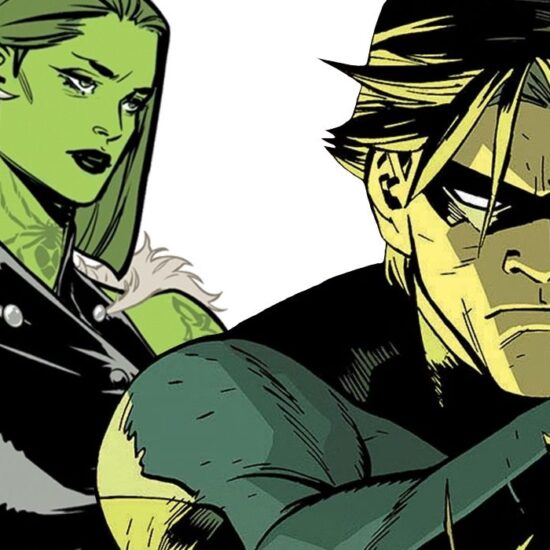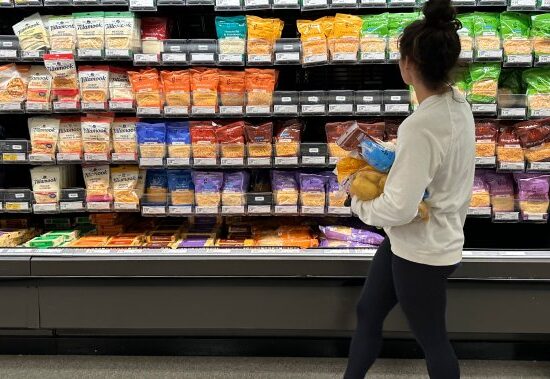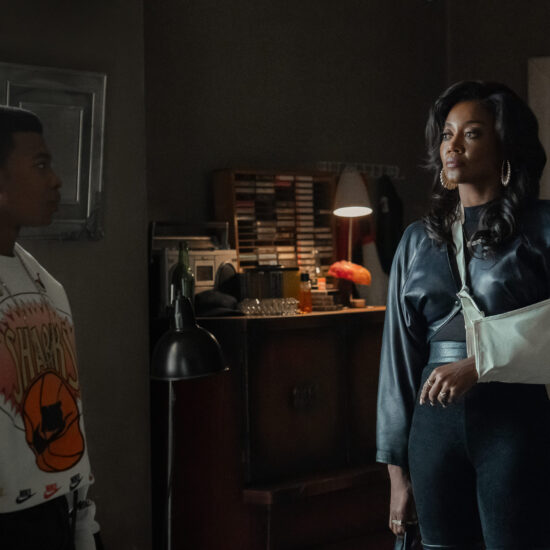Peter Dutton ‘not afraid’ to discus nuclear power in Australia

Paul Karp
The opposition leader, Peter Dutton, has spoken to Radio National about the frontbench reshuffle in which he sidelined allies of Scott Morrison.
Dutton was quizzed on a few interesting signals including the selection of Ted O’Brien, an advocate of nuclear power, as shadow climate change and energy minister, and Julian Leeser, a supporter of a voice to parliament, in Indigenous affairs.
Dutton confirmed he’s up for the nuclear debate:
In Ted O’Brien we have someone with an exceptional background, a very considered person, a great communicator. And he did a report … when he was on the backbench in the last parliament on nuclear energy. He had a particular focus on the latest generation, the small modular nuclear generation which can power up to 100,000 houses. So I’m not afraid to have a discussion on nuclear. If we want to have a legitimate emissions reduction, if we want to lower emissions reduction, that’s exactly the path president Macron has embarked on in France, it’s what prime minister Johnson is talking about in the United Kingdom … I don’t think we should be afraid to talk about any technology that’s going to have the ability to reduce emissions and electricity prices. That’s something we can consider in time. I don’t think we should rule things out simply because it’s unfashionable to talk about them.
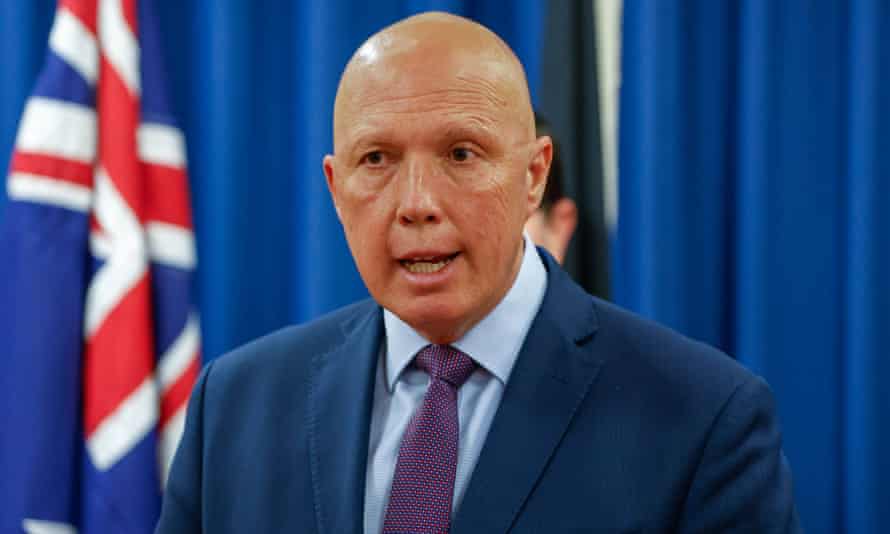

Paul Karp
Similarly, on the Indigenous voice to parliament, Dutton said the Coalition is “very open to the discussion and what the government has to say”.
In principle, do we support anything that’s going to improve the situation of Indigenous Australians? Absolutely.
Peter Dutton ‘not afraid’ to discus nuclear power in Australia

Paul Karp
The opposition leader, Peter Dutton, has spoken to Radio National about the frontbench reshuffle in which he sidelined allies of Scott Morrison.
Dutton was quizzed on a few interesting signals including the selection of Ted O’Brien, an advocate of nuclear power, as shadow climate change and energy minister, and Julian Leeser, a supporter of a voice to parliament, in Indigenous affairs.
Dutton confirmed he’s up for the nuclear debate:
In Ted O’Brien we have someone with an exceptional background, a very considered person, a great communicator. And he did a report … when he was on the backbench in the last parliament on nuclear energy. He had a particular focus on the latest generation, the small modular nuclear generation which can power up to 100,000 houses. So I’m not afraid to have a discussion on nuclear. If we want to have a legitimate emissions reduction, if we want to lower emissions reduction, that’s exactly the path president Macron has embarked on in France, it’s what prime minister Johnson is talking about in the United Kingdom … I don’t think we should be afraid to talk about any technology that’s going to have the ability to reduce emissions and electricity prices. That’s something we can consider in time. I don’t think we should rule things out simply because it’s unfashionable to talk about them.

Shadow assistant minister for climate change says it’s a ‘luxury’ issue for voters
Hollie Hughes, the shadow assistant minister for climate change and energy, said she was “not personally in favour” of extending carbon emission reduction targets, saying that Australia “could shut everything down tomorrow and all go live in trees” and the impact on total global emissions would be negligible.
She then suggested that voters who abandoned the Liberal party to support teal independents, largely in pursuit of stronger climate action, would abandon that priority as the cost of living went up.
I think climate change was something that a lot of voters were focused on. But I think what’s gonna happen as you move forward, and people start to get inflationary pressures, start to see their mortgage rates increase, they start to see this increased spending by this new Labor government that’s gonna put pressure on our AAA credit rating, which does flow through the economy then, and when you look at increased power prices, some of those issues that were looked at as, sort of, you know, they’re almost like a luxury issue for some people.
Because people of Wentworth probably aren’t going to the petrol bowser and looking at those numbers tick over, whereas I can tell you that people out in Cabramatta are very much looking at those numbers tick over when they’re at the bowser. So, those cost-of-living pressures are going to have a very significant impact on voters’ intentions, I think, going forward.
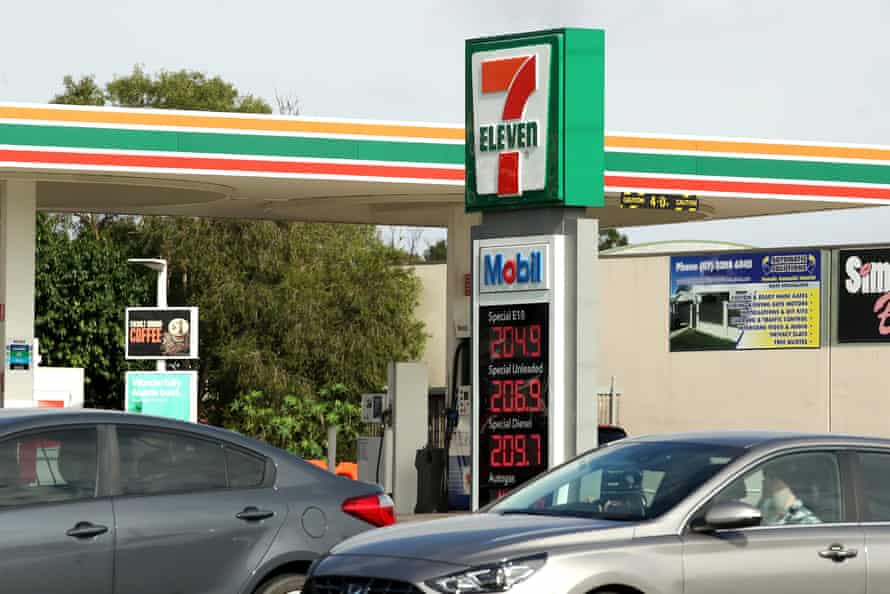
Asked if the Coalition bore some responsibility for what happened, or didn’t happen, in the nine years they were in power, Senator Hughes said state and territory governments were also responsible.
She pointed to the Narrabri gas project, which the NSW government approved in 2020 and which has been voted against by Gomeroi traditional owners. Hughes said that project was “incredibly opposed” by the state government, presumably referring to their attempt to get it removed from the fast-track list because they felt that would undermine public support from the project.
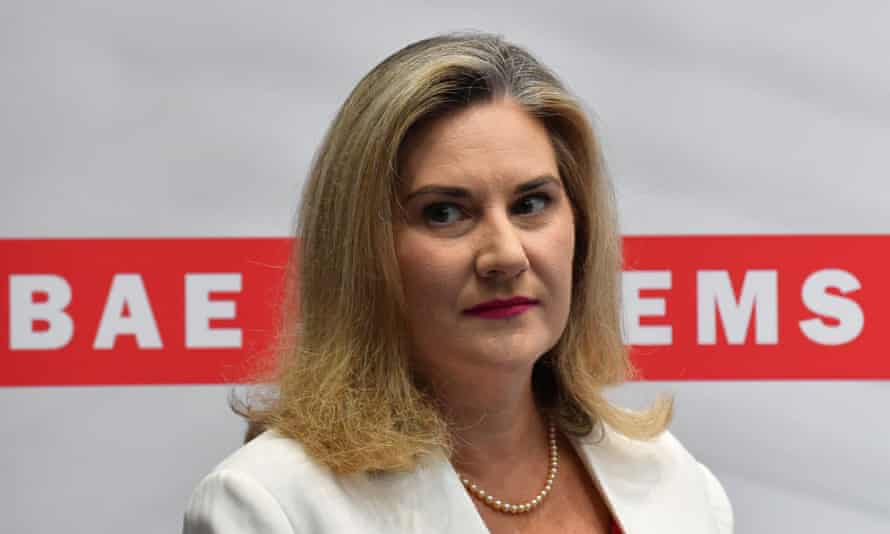
Chris Bowen calls emergency meeting over gas prices
The climate change and energy minister, Chris Bowen, has called an emergency meeting of state and territory energy ministers this week amid rising gas prices and supply issues in the eastern states.
On Sunday, Bowen told Sky News that he was “actively managing” the crisis but a decade of inaction on renewables and limitations on the gas trigger was preventing swifter fixes.
He dismissed criticism from the opposition that Labor was ill-equipped to manage the crisis, saying the problems were caused by failures of the Coalition government.
Most of Australia’s gas has been contracted for export, and we have ageing coal power stations and high fossil fuel prices. Those problems all predate the two-week-old government: the Morrison government delayed a key electricity pricing update before the election, leaving Australian voters in the dark over upcoming changes to their electricity bills.
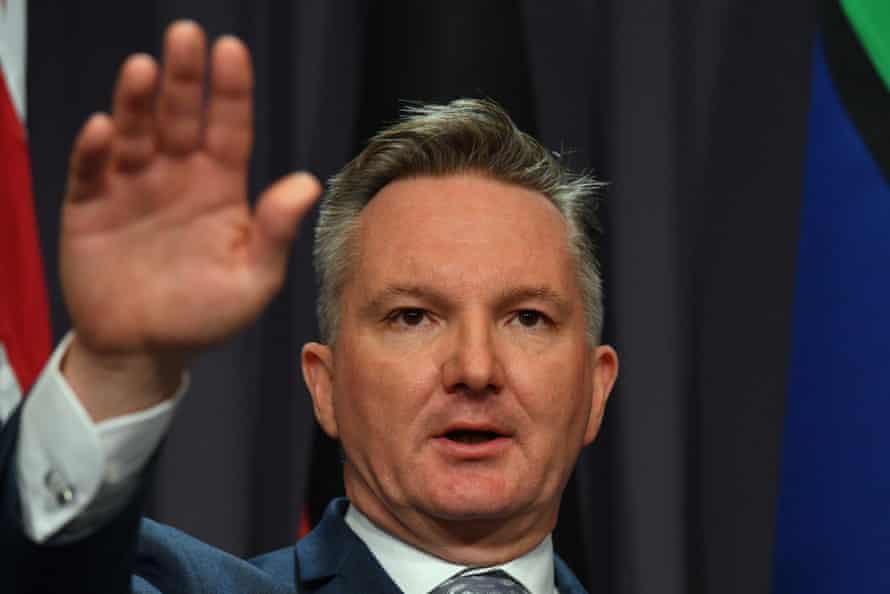
The new shadow assistant minister for climate change and energy, Senator Hollie Hughes, said the failure to build new energy infrastructure during the nine years the Coalition was in power was Labor’s fault.
She told ABC News Breakfast:
Over the past decade, we’ve certainly seen the Labor party and the Greens oppose any future investment and development in things like gas. But also when you look at the coalmines, when you’re talking about taking coal power plants offline, you’re looking at companies that stop doing the maintenance of those power stations. And that’s why a lot of them tend to go offline more than they would have, had they been correctly maintained, if their early closure dates weren’t being enforced.
So, we’ve seen a talking-down of our natural resources, we’ve seen a talking-down of our coal-fired power stations. We’ve seen an objection from the Greens when it comes to the Kurri Kurri gas plant. You can’t say we want to be friends with the gas companies, when you start to look at the situations occurring. This is going to put inflationary pressure on prices and we already know Australians are doing it tough.
Two rather obvious points here but it’s best to make them. One, the Greens and Labor are different parties, and not in a formal partnership agreement. And two, Labor supports the Kurri Kurri gas plant if it transitions to green hydrogen by 2030. In fact, Labor’s continued support of new gas developments is one of the main reasons they and the Greens don’t get along.
Police seize cash, drugs, weapons in raids in Sydney
Fifteen men have been charged after a week of raids targeting bikies and organised crime gangs across Sydney’s south-west, AAP reports.
NSW police have seized stolen cars and illegal drugs in a seven-day operation targeting organised crime, as part of an operation that began in October following the alleged gangland killing of Toufik Hamze and his son Salim.
To date, more than 80 firearms and 3,300 rounds of ammunition, $2.9m in cash, and prohibited drugs worth more than $9m have been seized.
Assistant commissioner Stuart Smith said 52 firearm prohibition order searches took place last week.
“Last week, we targeted the who’s who of criminality in Sydney’s south-west: Rebels, Finks and Lone Wolves Outlaw Motorcycle Gangs – you’d be hard-pressed to find someone in that world who didn’t get a home visit,” he said on Monday.
During the operation – which ran between Monday and Friday – police seized around $150,000 in cash, 1.5kg of cannabis, 150 grams of methylamphetamine, numerous prohibited weapons and three stolen cars.
Seven men were arrested after a clandestine drug laboratory was discovered on Friday.
Over the week, 15 men were charged with various offences.
Meanwhile, the NSW opposition has accused the state government of failing to honour its promise to introduce laws on “unexplained wealth” targeting gang associates and crime bosses.
Thirteen people have been shot dead in underworld gang-related violence in the past 19 months.

Melissa Davey
Hardly anyone is using My Health Record
Twelve years after the introduction of My Health Record, Australians are struggling to access their medical information, while clinicians report frustrating difficulties uploading and finding vital health details such as pathology results and diagnostic tests.
The latest annual report from the Australian Digital Health Agency shows just 2.69 million of the 23 million people registered for a My Health Record accessed it in 2020-21. While this is an increase of 14% from the previous year, it was largely driven by people accessing Covid-19 vaccination records and Covid-19 test results.
The chief executive of the Consumers Health Forum (CHF), Leanne Wells, said while upgrades to My Health Record to include access to vaccination information and Advanced Care Plans were welcome, day-to-day health records from consultations, emergency department visits, hospital discharges, pathology, and diagnostic testing were still missing from many records. This is despite more than $2bn being spent on the system since it launched in 2012.
Read more:
Damaging winds to hit parts of eastern NSW and Victoria
A damaging winds warning remains in place for eastern Victoria and eastern parts of New South Wales.
The Bureau of Meteorology has forecast winds averaging 50 to 70km/h, gusting up to 90km/h, in alpine areas of Victoria including Bright, Mt Baw Baw, Falls Creek, Mt Hotham, Mt Buller and Omeo.
In NSW, the bureau has forecast “damaging winds and blizzard conditions” in alpine areas, with damaging winds extending on and east of the ranges.
Damaging winds averaging 80 to 90km/h, gusting up to 130km/h, are forecast in alpine areas, with winds of 60 to 70km/h, gusting up to 90km/h, are likely along the ranges and the coast from Bega to Newcastle, including Sydney.
Locally damaging wind gusts to 110km/h are possible about the Illawarra district, the BoM said.
Parts of Adelaide hit by flooding
Wild weather in South Australia has caused flash-flooding and fallen trees, with more than 400 calls for assistance made to the state emergency service.
The majority of the call-outs were from the Adelaide area. The city received more than 70mm of rain over two days, with winds of more than 90km/h.
A teenage girl was rescued from a fast-flowing creek in the Adelaide Hills, and the country fire service had to cut a man from a car that had been crushed by a falling tree, the ABC said.
Good morning
Prime minister Anthony Albanese is in Indonesia for his first official visit, continuing what Guardian political editor, Katharine Murphy, has described as Labor’s regional diplomatic offensive. He will meet with Indonesian president Joko Widodo today.
Murph is on the trip with the PM.
Albanese was met in Jakarta by Penny Wong, the foreign minister, who has made two visits to the Pacific since being sworn in a fortnight ago. The topic of these visits has been China’s growing assertiveness in the Indo-Pacific.
Indonesia, said Wong, is a “very important partner for Australia … and is critical for our security”.
I think everyone understands we live in a time where the region is being reshaped, and what is important is that countries work together to ensure that region remains peaceful, prosperous, and respectful of sovereignty.
Timor-Leste is the latest of Australia’s regional neighbours to sign an agreement with China. Albanese had a “warm and positive” phone conversation with prime minister Taur Matan Rauk while on the plane to Jakarta on Sunday.
It comes as Australia has complained to China about the “very dangerous” interception of a maritime surveillance flight in international airspace over the South China Sea.
Back in Canberra, the opposition leader, Peter Dutton, announced a shadow cabinet which ditched Scott Morrison’s key allies and promoted senior conservative voices. Significantly Julian Leeser, a constitutional conservative and longtime supporter of the enshrinement of an Indigenous voice to parliament, has been named shadow minister for Indigenous affairs and shadow attorney general. Alan Tudge has stayed on as shadow education minister.
Simon Birmingham has been named shadow foreign minister, and assured bipartisan support on issues of foreign policy.
Let’s kick off. You can reach me at @callapilla on Twitter or Calla.Wahlquist@theguardian.com









